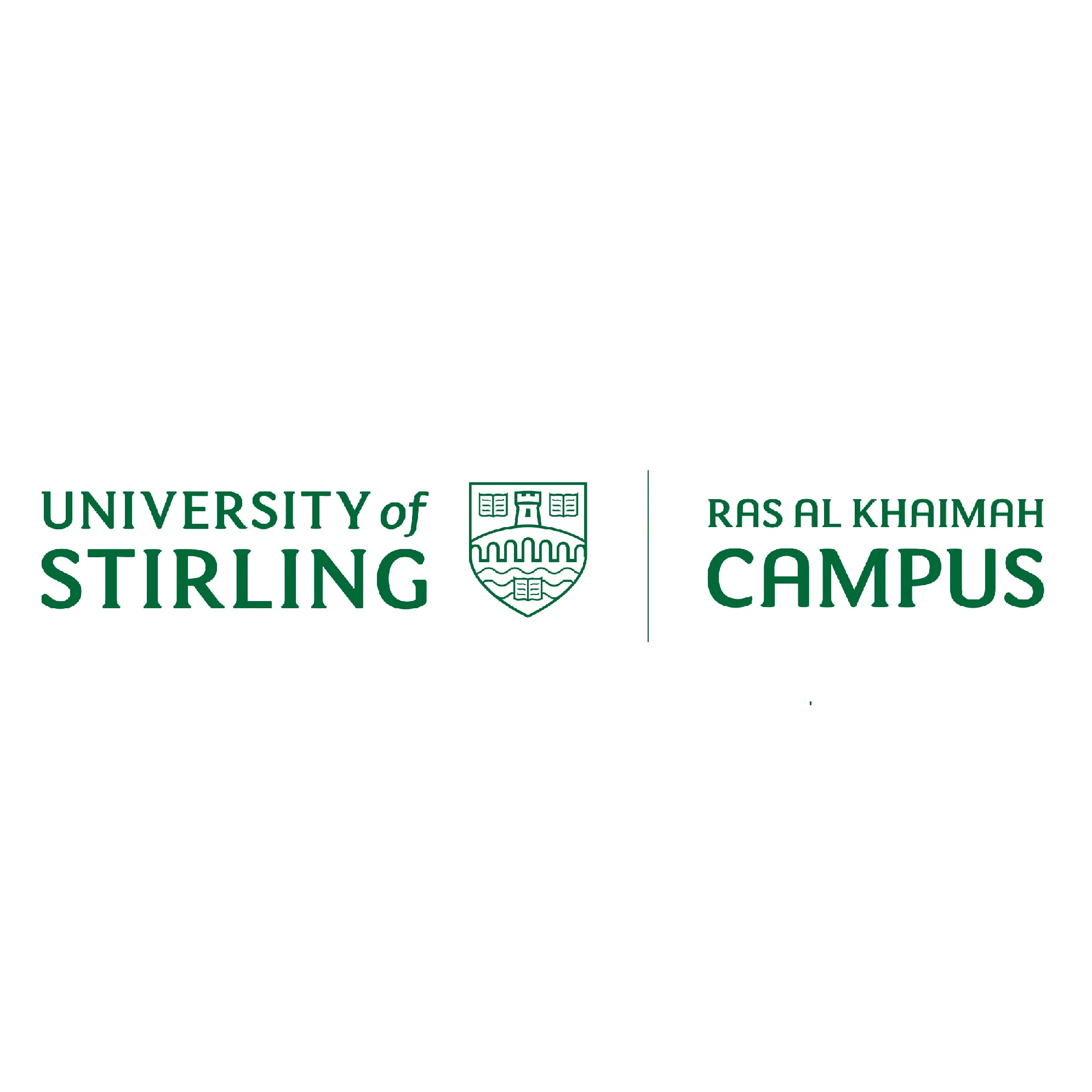• IELTS
Enhance Your IELTS Vocabulary for Environment
3979 Reads
3 min Read
- Learn new words and phrases related to the environment.
- Practice using these words in everyday conversation with friends and family.
- Improve your knowledge of environmental issues by reading news articles, documentaries and scientific journals.
- Discuss various environmental issues with your peers and write short essays on topics related to it.
Vocabulary is a matter of word-building as well as word-using
Words to Enhance Environment Vocabulary for IELTS
| Word/Phrase | Meaning | Common Collocations | Example |
| Biodiversity | All the different kinds of life are found in one area- animals, fungi, and microorganisms like bacteria. They maintain balance and support life. | Rich biodiversity, Loss of biodiversity, Conservation of biodiversity, Threat to cultural diversity, Habitat restoration, Species Conservation, Biodiversity economics, Future of biodiversity, biodiversity policy | Investing in biodiversity is essential for the well-being of our future. |
| Climate Change | Significant variation of average weather conditions. | Greenhouse gas emissions, Fossil fuel dependence, Industrial activity, Rising sea levels, Food insecurity, displacement and migration, Climate Policy, Climate crisis, Climate resilience | Climate change is not a future threat; it’s a present reality demanding solutions. |
| Conservation | The process of using water, gas, electricity, etc., carefully in order not to waste it. | Preserving cultural heritage, Protecting biodiversity, Energy conservation, Water conservation, and Habitat conservation. | The foundation set aside a quarter of its funds for conservation and research. |
| Deforestation | The cutting down of trees in a large area or the destruction of forests by people. | Logging, Infrastructure development, Habitat loss, Soil erosion, Forest degradation, Zero-degradation. | Deforestation is a major reason for floods and droughts in a region. |
| Endangered Species | A species considered to be facing a very high risk of extinction in the wild. | Critically endangered species, Vulnerable species, Habitat loss and fragmentation, Poaching and illegal wildlife trade, Habitat protection and restoration, Ex-situ conservation. | Saving endangered species is not a cost but an investment in a healthy planet for the future. |
| Ecosystem | All the plants, animals, and people living in an area are considered together with their environment as a system of relationships. | Terrestrial ecosystem, Aquatic ecosystem, Marine ecosystem, Biodiversity, Food chain, Pollution, Climate Change, Invasive species. | If water used in industries is not appropriately treated before release, the chemicals can contaminate our ecosystem. |
| Environmentalism | An interest in or the study of the environment to protect it from damage by human activities. | Pollution reduction, Environmental activism, Green technology, Transition to a green economy. | Even after facing backlash from family and well-wishers, Sean advocated for environmentalism, labour issues, and social justice. |
| Global Warming | A gradual increase in the earth’s temperature, caused by gases, esp. carbon dioxide, surrounding the earth. | Greenhouse gas emissions, Agricultural practices, Rising global temperatures, Sea level rise, Ocean acidification | Heatwaves and floods have become more frequent and intense each year due to the increasing global warming. |
| Habitat | The natural surroundings in which an animal or plant usually lives. | Natural habitat, Degraded habitat, Marine habitat, Restored habitat, Habitat fragmentation, Habitat management, Habitat conservation | We must create a welcoming habitat for birds in our backyards. |
| Pollution | Damage caused to water, air, etc., by harmful substances or waste. | Air pollution, Waste Disposal, Deforestation, Human Health Impacts, Economic Losses, Pollution prevention, Pollution cleanup, Pollution tolerance | The farmer dreams of a future where soil nurtures life, not poisoned by chemical pollution. |
| Resource | Something useful to mankind. | Natural resources, Renewable resources, Resource conservation, Sustainable resource management, Resource management plan, Resource independence | Time, often an overlooked resource, is now their most valuable asset as they race against the clock to avert disaster. |
| Renewable Energy | Energy derived from natural sources that are replenished at a higher rate than they are consumed. | Solar power, Hydropower, Tidal and wave energy, Environmentally friendly, Renewable resources, Technological advancements, Infrastructure investment, Grid modernization, International cooperation | The cost of solar, wind, and other forms of renewable energy is getting cheaper for mankind. |
| Vegetation | Plants in general or the plants that are found in a particular area. | Dense vegetation, Sparse vegetation, Lush green vegetation, Withered vegetation, Vegetation growth, Vegetation mapping, Vegetation monitoring | Alex walked across the hilly terrain with dense vegetation to witness the sunrise. |
| Veganism | The practice of not eating or using any animal products, such as meat, fish, eggs, cheese, or leather. | Vegan alternatives, nutrient-rich, have ethical considerations, reduced risk of chronic diseases, enhanced gut health, and focus on individual diet | Veganism is believed to be difficult until a person gives it a shot. |
Idioms Related to Environment
| Idiom | Meaning | Example |
| Reduce, Reuse, Recycle | It encourages people to waste less and use things repeatedly to protect the environment. | Instead of buying new wrapping paper, Tina opted to reuse old newspapers. |
| To go green | Make changes in one’s lifestyle to protect the environment | The company is committed to going green and has implemented many energy-saving initiatives. |
| To have a green thumb | To have the ability to grow plants | Janet inherited the green thumb from her grandmother, who taught her the importance of nurturing life from soil. |
| To go solar | To collect solar energy by using solar energy panels. | Evaluating the rising energy costs, families in my town decided to go solar and invest in rooftop panels. |
How to Improve IELTS Speaking Vocabulary?
Students can master their IELTS Speaking test by improving their vocabulary through the following strategies:
| Read newspapers and magazines | Reading diversely is one of the fastest ways to improve vocabulary for an IELTS exam. Whether it is a newspaper or a bestselling novel, these publications have much to offer. In case a student stumbles upon a word or phrase that is difficult to understand, they can refer to a dictionary and find its meaning. These new words or phrases can be beneficial for everyday conversations. |
| Watch the news every night | Students can pick up new words or phrases by observing a news presenter. They can observe how these are woven into the bulletin to make a point. Students who enjoy watching fictional shows or talk shows must watch them to learn and expand their IELTS vocabulary. Turning the subtitles on while watching these shows can help students follow dialogues better. Doing so will help them correlate new words with images. |
| Explore various disciplines | One of the best ways to improve vocabulary is to read various topics. When preparing for the topic of Environment, it is important to familiarise themselves with how different words play an important part in bringing their ideas to life. They must understand climate change, pollution, biodiversity, natural resources, environmental policies, and other such topics. |
| Make a list of synonyms | Something that every student must know about IELTS is that the test examines the depth of their vocabulary range. Repetition of a word will impact their score. Synonyms play a crucial role in all sections of the IELTS exam. They can be used in collocations. For example, instead of saying, ‘The chemical factory must be closed,’ the student can convey the same point with ‘The chemical factory must be sealed.’ |
Conclusion
Students must be consistent with their practice when preparing for the IELTS exam. They must explore different ways to improve their vocabulary, from reading diverse material to conversing with their loved ones. Connecting with expert language trainers from Canamprep will help them enhance their vocabulary within the realm of the environment. A rich vocabulary will help students demonstrate their linguistic competence and impress their IELTS examiners.
FAQ
Get great articles direct to your inbox
The latest news, articles, and resources, sent straight to your inbox every month.
Popular Universities to Study Abroad
World class education waiting for you.


American National University - Louisville Campus
Kentucky, USA • 12 Programmes
Tuition Fee : USD 0-0 / year

Wilfrid Laurier University - Waterloo Campus
Ontario, Canada • 166 Programmes
Tuition Fee : CAD 22000-29500 / year

Shorelight Group - University at Buffalo, State University of New York
New York, USA • 95 Programmes
Tuition Fee : USD 33000-34000 / year
-Logo.webp)
UP Education - International College of Hotel Management (ICHM)
South Australia, Australia • 2 Programmes
Tuition Fee : AUD 0-0 / year

Bath Spa University - Newton Park Campus
England, UK • 152 Programmes
Tuition Fee : GBP 13000-17000 / year

Portage College - Cold Lake Campus
Alberta, Canada • 8 Programmes
Tuition Fee : CAD 15500-17000 / year

University of Stirling - Ras Al-Khaimah Campus
Ras Al Khaimah, UAE • 7 Programmes
Tuition Fee : AED 40000-40000 / year
Popular English Language Proficiency Exams
IELTS Online
- Live Classes
Blogs and Articles
Curated content to keep you updated on the latest education trends, news and more.
Updated on • Jul 17,2025 05:33 PM IST • USA
PTE Accepted Universities in Australia
Updated on • Jul 17,2025 05:09 PM IST • PTE
Part-Time Jobs for International Students in Australia
Updated on • Jul 17,2025 03:44 PM IST • Australia
Updated on • Jul 12,2025 04:02 PM IST • USA
Updated on • Jul 11,2025 11:32 AM IST • Education
CPT vs OPT: Meaning, Difference, and How to Apply
Updated on • Jul 11,2025 10:40 AM IST • USA
Masters in Computer Science in UK: Top Colleges, Eligibility, Scholarships
Updated on • Jul 10,2025 11:29 AM IST • study in the UK
Highest Paying Jobs in the World
Updated on • Jul 08,2025 01:40 PM IST • Study Abroad
MBA in Australia for Indian Students: Best Universities, Requirements, Scholarship, Courses, Jobs
Updated on • Jul 08,2025 01:35 PM IST • Australia
Canada vs Australia: Which Country is Better for Indian Students in 2025?
Updated on • Jul 07,2025 12:46 PM IST • Education
France vs Germany: Which Is Better for International Students?
Updated on • Jun 30,2025 05:15 PM IST • Education
Top 10 Agricultural Universities in USA
Updated on • Jun 27,2025 05:25 PM IST • USA
Most In-Demand Future Careers in 2025
Updated on • Jun 26,2025 04:41 PM IST • Education
How Much Do Nurses Make in the U.S.?
Updated on • Jun 23,2025 03:59 PM IST • USA
Updated on • Jun 21,2025 02:00 PM IST • USA
MBA in UK: Universities, Eligibility, Types, and Career Opportunities
Updated on • Jun 19,2025 04:09 PM IST • UK • study in the UK
Scholarships in France for Indian Students
Updated on • May 29,2025 05:22 PM IST • France
Intakes in Dubai for Indian Students
Updated on • May 27,2025 03:34 PM IST • Study in Dubai
France Student Visa 2025 – Requirements, Fees, Checklist & Application Process
Updated on • May 23,2025 03:36 PM IST • France
MBA in France for Indian Students in 2025
Updated on • May 22,2025 05:35 PM IST • France
Related Blogs and Articles
A little effort to provide an authentic and reliable content for keen readers!!
Updated on • 11-04-2025 • IELTS
Describe Your Hometown IELTS Speaking Part 1 Topic
Updated on • 07-04-2025 • IELTS
PTE vs IELTS : Know the Difference and Which is Easier?
Updated on • 21-03-2025 • IELTS
IELTS Exam Dates 2025 in India
Updated on • 18-01-2025 • IELTS
IELTS Reading Practice Tests 2025: Reading Passage and Sample Questions
Updated on • 15-01-2025 • IELTS
IELTS Letter Writing Topics 2025
Updated on • 15-01-2025 • IELTS
Canada IELTS band requirements 2025
Updated on • 10-01-2025 • IELTS
Updated on • 25-11-2024 • IELTS
Updated on • 21-11-2024 • IELTS
Updated on • 02-11-2024 • IELTS
Linking Words for IELTS Speaking - Word List & Tips
Updated on • 25-10-2024 • IELTS
IELTS Writing Task 2 - Academic and General Topics with Sample Answer
Updated on • 25-10-2024 • IELTS
IELTS Writing Task 2: Tips, Lessons & Models
Updated on • 25-10-2024 • IELTS
IELTS Test Report Form (TRF): Number, Tracking, Validity and Sample
Updated on • 25-10-2024 • IELTS
IELTS Speaking Samples and Answers
Updated on • 25-10-2024 • IELTS
Updated on • 25-10-2024 • IELTS
Updated on • 25-10-2024 • IELTS
IELTS Sample Charts for Writing Task 1 Practice
Updated on • 25-10-2024 • IELTS
IELTS GT Writing Task 1/ IELTS Letter Writing
Updated on • 25-10-2024 • IELTS
Updated on • 25-10-2024 • IELTS















